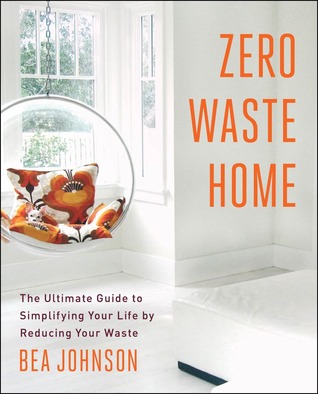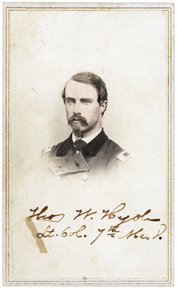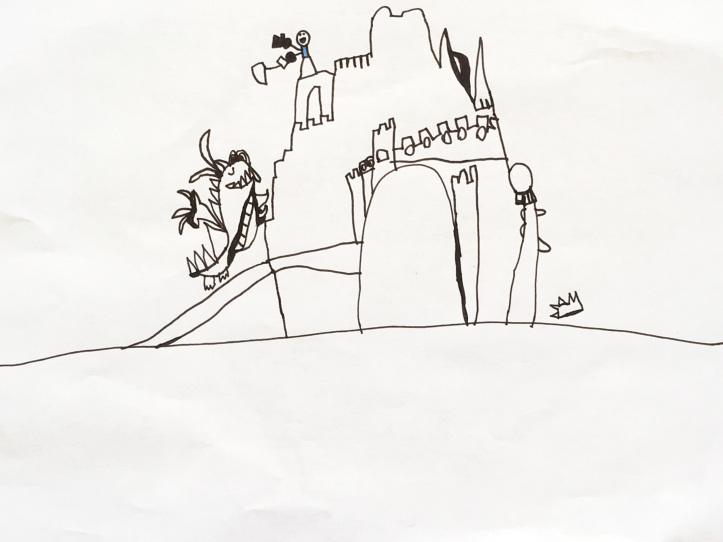One of my goals for 2018 is to become more eco-friendly. I want to eat more locally and organically, use less plastic, and stop purchasing things I don’t really need. Because of these aspirations, I turned to Zero Waste Home by Bea Johnson for inspiration.
In all honestly, I wanted to like this book. I had previously watched one of Johnson’s talks and felt inspired by her life. She, her husband, and two sons produce just one Mason jar of trash a year. They’ve committed to the shared economy and second-hand markets, buy in bulk, refuse one-use things, and live a more simple life. Johnson’s talk is helpful, her book was not.
The main disappointment for me was that the book didn’t go beyond her experience. It seemed redundant after having read through her blog and listen to her eco-talks. There wasn’t a lot of new information, and at times I felt she was writing just to meet a page quota. For instance, at the end of every chapter, Johnson includes an ABC wrap-up of steps readers can take to move towards zero waste. These lists reiterate the same information for multiple letters. Here’s an example : “Elect officials concerned about waste issues; Praise good practices and products; Sign petitions that support Zero Waste initiatives.” These steps are essentially the same: become involved in the movement and use your voice to influence others.
Now that we’ve gotten through my main problem with the book, I’d like to take a few minutes to discuss other things I liked and did not like.
Liked:
Disliked:
If you’re interested in zero waste, check out some of the blogs or YouTube videos of zero wasters. This movement seems to be such an individual experience, I’m not sure a book could ever be written to cover all the aspects of it.
Publication Info
Zero Waste Home: The Ultimate Guide to Simplifying Your Life by Reducing Your Waste. Bea Johnson. Scribner, 2013.
ISBN: 1451697686
304 pages






